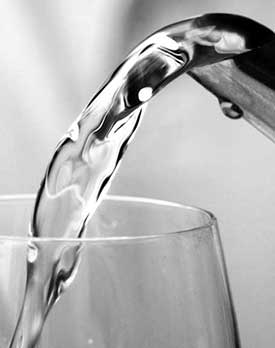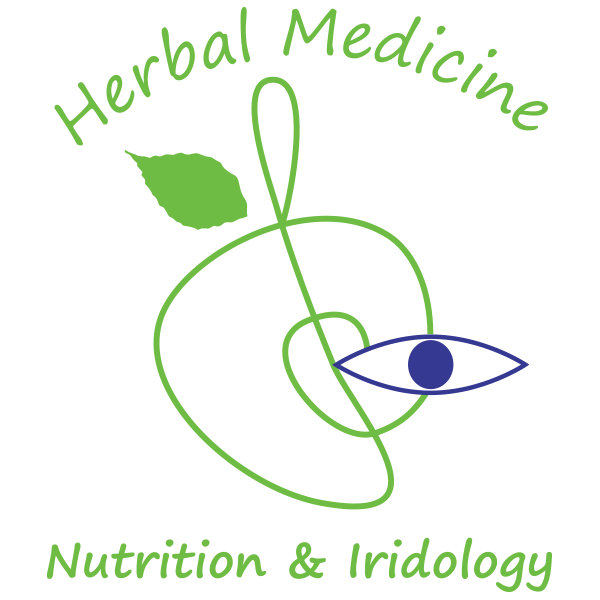The word vital stems from the Latin vitalis (–of life) and refers to that which is essential and necessary to the maintenance of life.
Air: Practice deep-breathing
From our first breath to our last, air is absolutely essential to life. If you live in a busy built-up area, get to a park for a walk, or better yet, to a beach or the countryside for clean, deep lung-fulls of fresh air. Working in enclosed air-conditioned spaces can result in feeling more tired than you might otherwise feel doing the same work in a room where fresh air circulates freely.
Air your home daily, especially your bedroom to replenish the air you breath during sleep.
Try committing to 3 minutes conscious deep breathing a day. Keeping your daily 3 minute date with yourself can deepen your sense of self respect. How you choose to practice may depend on why. For example to increase energy, try lying flat on the floor and breathing into your abdomen, allow your belly to fill with air and while holding the breath, visualise your inner organs being oxygenated, and visualise stale energy leaving your body as you exhale.
Sitting upright in a comfortable position and mindfully slowing down your breathing, can help to reduce stress. Begin by exhaling fully, inhale through your nose and as you exhale follow your breath as it travels from the stomach, up through the chest out of the mouth. There are many breathing techniques, for everything from pain management to improved mental clarity. However you practice, there are benefits to your health.
Sip water throughout the day

We generally don’t think of water as a nutrient, but it is essential to life. The human body is composed of about 60% water, while the brain is about 80% water. We utilise it for the transportation of nutrients, production of digestive juices and other body fluids, to assist in elimination of metabolic waste and maintain body temperature and electrolyte balance.
The body loses about 1.5 litres of water a day, via the skin, lungs, kidneys and bowels.
If drinking 2 litres sounds like too much water then start by keeping a bottle of spring water close by and regularly sipping from it throughout the day. Sipping water throughout the day will keep you hydrated without flushing out your system. Increasing your water intake can help to resolve constipation, reduce aches and pains in the body and improve the complexion while assisting the kidneys with filtering out and eliminating toxins. If you are worried about the quality of your tap water, buy a water jug with a charcoal filter.
Daylight
It may sound like an obvious one, but like breathing it is something we might easily take for granted. It can often happen that a day is spent going from one interior to another. Exposure to daylight regulates the body’s circadian rhythm, can improve mood and increase energy levels. We need exposure to sunlight to naturally synthesise Vitamin D. Everyday get at least 15 minutes of daylight without sun blocks. Daylight reveals true colours and illuminates our minds to think and see more clearly. Invite light into your heart to facilitate growth and into your home so you can see what needs clearing.
Sun-gazing
The practice of sun-gazing is a method of harvesting solar energy. Starting with 10 seconds a day and increasing by 10 seconds each day. 1 hour after sunrise and 1 hour before sunset are the safe periods for sun-gazing. Hira Ratan Manek fasted for 411 days consuming only water and solar energy harnessed by sun-gazing. He cites improved vision, mental clarity and freedom from fear as some of the benefits. To learn more about sun-gazing visit his website.
Related Posts:
Warm water with lemon in the morning.
Natural Healing Protocols

